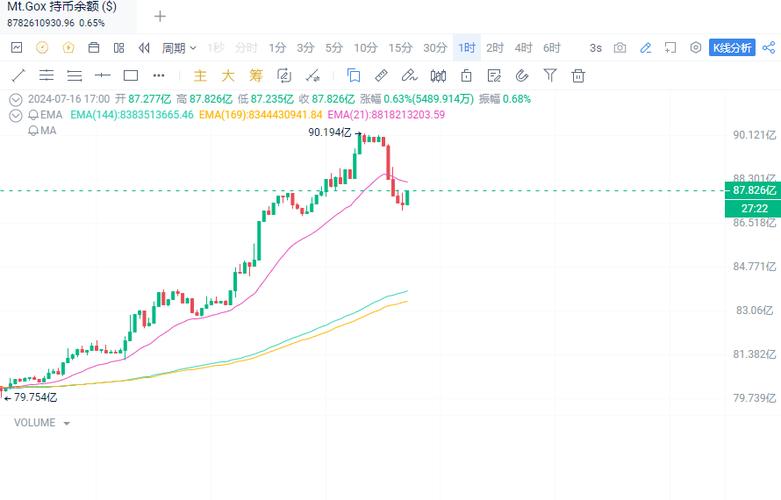Best Cryptos Like ETH: A Comprehensive Guide
When it comes to cryptocurrencies, Ethereum (ETH) has long been a favorite among investors and developers. Its smart contract capabilities and decentralized platform have made it a cornerstone of the blockchain industry. But what about other cryptocurrencies that share similar qualities with ETH? Let’s dive into the best cryptos like ETH and explore their unique features, market performance, and potential for growth.
Understanding Ethereum’s Success
Ethereum’s success can be attributed to several factors. Its innovative smart contract technology allows developers to create decentralized applications (dApps) and decentralized finance (DeFi) projects. Additionally, its robust community and widespread adoption have contributed to its dominance in the market. Now, let’s look at some cryptocurrencies that share these qualities and have the potential to follow in ETH’s footsteps.

1. Binance Smart Chain (BSC)
Binance Smart Chain (BSC) is a blockchain platform that aims to provide a scalable and efficient alternative to Ethereum. Launched in September 2020, BSC has quickly gained popularity due to its low transaction fees and high throughput. Here are some key points about BSC:
-
Low transaction fees: BSC uses a unique consensus mechanism called Proof of Staked Authority (PoSA), which allows for low fees and high throughput.
-
Interoperability: BSC is designed to be compatible with Ethereum, allowing developers to port their dApps to the platform.
-
High throughput: BSC can handle up to 1,000 transactions per second, making it a viable alternative to Ethereum.
2. Cardano (ADA)
Cardano is a blockchain platform that focuses on sustainability, scalability, and security. Developed by Charles Hoskinson, the co-founder of Ethereum, Cardano aims to address some of the limitations of existing blockchain technologies. Here are some key points about Cardano:
-
Proof of Stake (PoS): Cardano uses a PoS consensus mechanism, which is more energy-efficient than Proof of Work (PoW).
-
Shelley upgrade: Cardano’s upcoming Shelley upgrade will enable a fully decentralized network, with users staking their ADA tokens to secure the network.
-
Interoperability: Cardano is working on interoperability solutions to connect with other blockchains, such as Ethereum.
3. Polkadot (DOT)
Polkadot is a blockchain platform that aims to enable different blockchains to connect and share resources. This interoperability allows for a more efficient and scalable network. Here are some key points about Polkadot:
-
Interoperability: Polkadot’s unique architecture allows for the seamless transfer of data and value between different blockchains.
-
Shared security: By connecting different blockchains, Polkadot provides a more secure network, as the security of each chain is enhanced by the others.
-
Parachains: Polkadot allows for the creation of parachains, which are independent blockchains that can be connected to the main Polkadot network.
4. Solana (SOL)
Solana is a high-performance blockchain platform that aims to provide a scalable and secure solution for decentralized applications. Here are some key points about Solana:
-
Proof of History (PoH): Solana uses a unique consensus mechanism called Proof of History, which allows for high throughput and low latency.
-
Layer 1 blockchain: Solana is a Layer 1 blockchain, meaning it does not rely on other blockchains for scalability.
-
DeFi and NFTs: Solana has become a popular platform for DeFi projects and NFTs, thanks to its high performance and low fees.
5. Avalanche (AVAX)
Avalanche is a blockchain platform that aims to provide a fast, secure, and scalable solution for decentralized applications. Here are some key points about Avalanche:
-
Subnets: Avalanche allows for the creation of subnets, which are independent blockchains that can be connected to the main Avalanche network.
-
High throughput: Avalanche can handle up to 4,500 transactions per second, making it a highly
